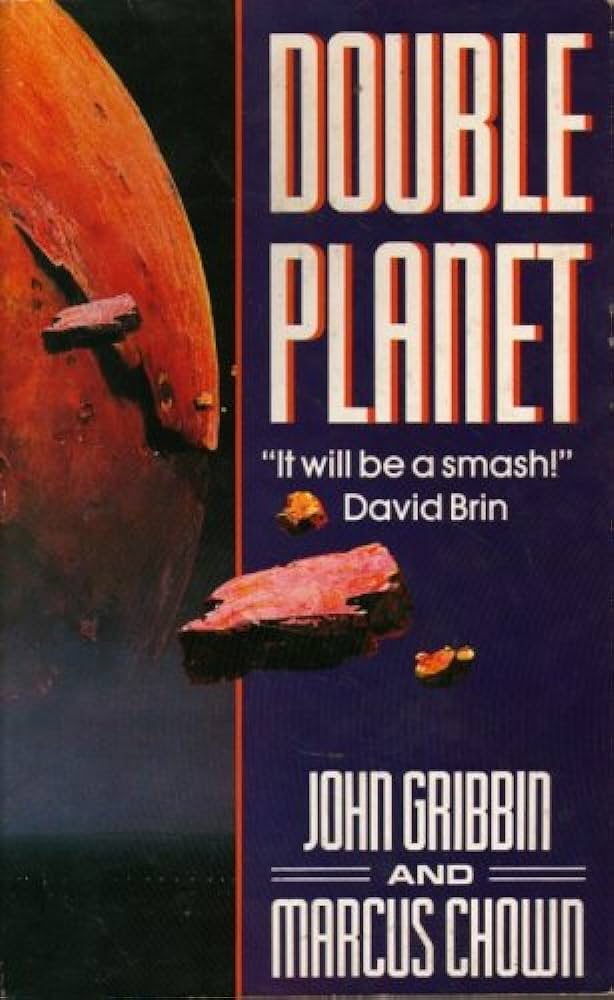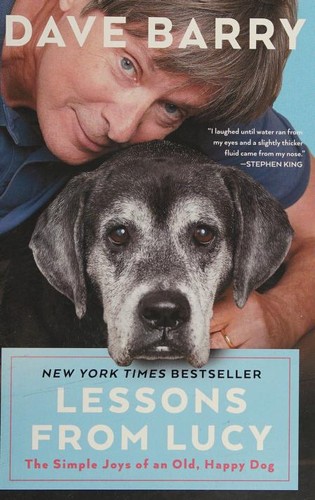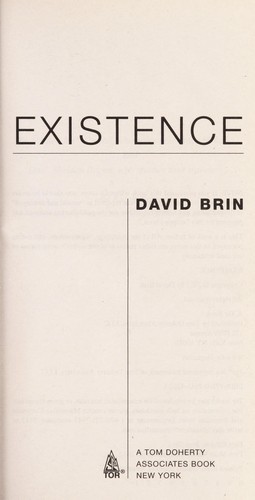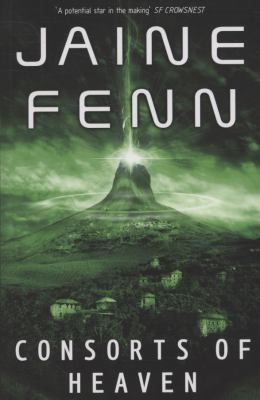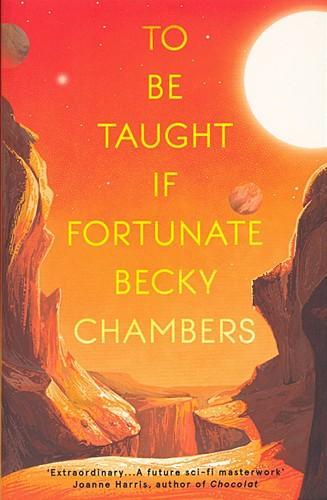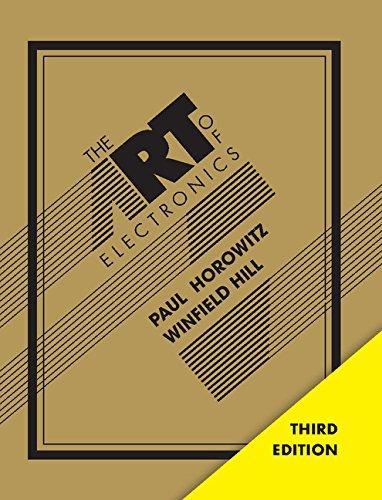Deborah Pickett reviewed Double planet by Marcus Chown
Forgettable pulp
2 stars
I have to remind myself that this book is more than thirty years old, which helps to explain the typecast nature of some of its tropes such as the all-male moon mission. The mutiny-in-space trope also pops up, as well as the disaster-movie vignette of complete strangers coming to a bad end, but nearly at the end of the book rather than towards the start as is traditional. Indeed, the pacing just feels off the whole way through the book, and for a novel which tries hard to stick to real-world physics, the way that spaceships just flit about the solar system like passenger cars undermines it all. At least it is a mercifully short book.
I’ll probably come back to this review in a year and have no recollection of the book at all.

